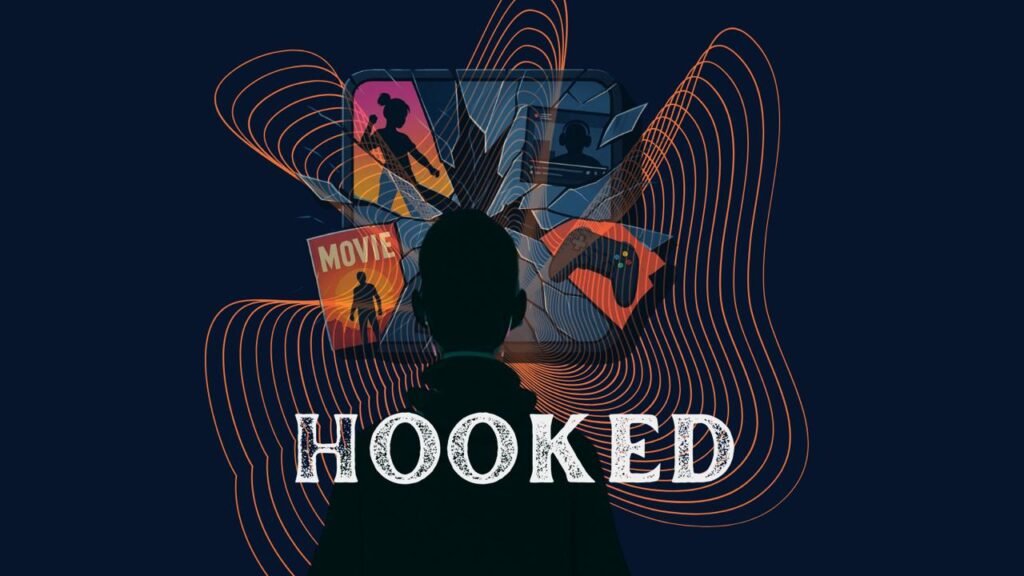Monoculture is Dead... or Just Hiding?

Why Nothing Feels Big Anymore, and Why That Might Be the Point
There’s a viral take doing the rounds: “We’re lonelier now because the monoculture is dead. TikTok’s hyper-personalized algorithm shattered our shared reality.” On the surface, it tracks. Gone are the days when the same songs, shows, or memes dominated everyone’s lives. But is the monoculture really dead, or just transformed?
Let’s examine the diagnosis and see what an expert, or a data nerd with Wi-Fi, might say.
Where the Video is Absolutely Right
Cultural Fragmentation is Real
The monoculture used to be easy to spot: Titanic was the only thing playing, Thriller was what you danced to, and if you missed the Game of Thrones finale, good luck avoiding spoilers. Today, your favorite show could have 10 million views and your coworker wouldn’t know it exists.
Nielsen’s 2023 report showed that streaming now accounts for more than 38 percent of total TV usage in the US, split across dozens of platforms. YouTube, Netflix, Hulu, Prime, Disney+, TikTok all fighting for isolated viewer niches.
TikTok Broke the Algorithmic Floodgates
It’s not just TikTok though. Spotify’s Discover Weekly, YouTube’s recommendation engine, Netflix’s top 10 all prioritize personal resonance over mass appeal. This means your feed feels relevant, but also that you’re rarely watching what everyone else is watching.
Add to that TikTok’s trend lifecycle, which burns through content at a speed that’s impossible for culture to rally around.
Music Charts Have Lost Their Clout
In 2017, a number one Billboard song averaged over 75 million weekly U.S. streams. In 2024, some number ones clock in at 40 to 45 million. That’s not just because music is worse. It’s because the audience is fractured. Everyone’s listening, but they’re not listening to the same thing.
Where the Argument Oversimplifies Reality
Nothing Can Break Through Anymore? Not Exactly
Barbie (2023), Oppenheimer, The Eras Tour, and GTA VI’s trailer prove that shared cultural moments can still happen. Taylor Swift’s Eras Tour became an economic phenomenon, adding over 5 billion dollars to U.S. GDP, according to Bloomberg. When something hits across nostalgia, distribution, and timing, it can dominate. The monoculture isn’t dead. It’s dormant, waiting for alignment.
TikTok Isn't Why We're Lonely
The disconnection isn’t algorithmic, it’s systemic. Gig work, remote isolation, high rent, algorithmic jobs, and over-optimization of time have all contributed. Culture isn’t failing us. The scaffolding of society is.
A Quick Detour: Gaming and the Streamer Legacy Problem
There’s a reel floating around claiming the Mount Rushmore of streamers is Kai Cenat, Speed, Jasontheween, and Adin Ross. For a new generation, that might feel true. But ask anyone who saw Twitch evolve, and you’ll hear names like Ninja, Shroud, Pokimane, xQc, Lyric, and Sodapoppin.
This highlights the difference between algorithmic legacy and historical impact. Attention equals value now. If you’re not on someone’s feed, you might as well not exist.
Gaming itself is a fragmented ecosystem now:
- Fortnite players
- Valorant cultists
- Soulsborne obsessives
- Roblox tycoons
- Cozy gamers in Stardew Valley Discords
All thriving. None intersecting.
So What Now?
Monoculture Still Exists, But It's Rare
Think Wordle. Think Stranger Things S4. Think Jawan in India. These moments still break through, but they’re exceptions. You earn attention now niche by niche. You don’t own the audience, you build it.
You Can't Whisper to the Masses Anymore
Target everyone, reach no one. That part is true. But it also means you need to:
- Speak boldly
- Choose a side
- Be unforgettable to your people
The Real Takeaway
Culture has splintered. TikTok is a hyper-personalized dopamine slot machine. But monoculture isn’t extinct. It’s event-driven now, not constant.
Connection doesn’t come from everyone liking the same thing. It comes from your tribe loving it deeply.
We’re not lonelier because we are fragmented.
We’re lonelier because we forgot how to build bridges between the fragments.
Check more of our content here.
